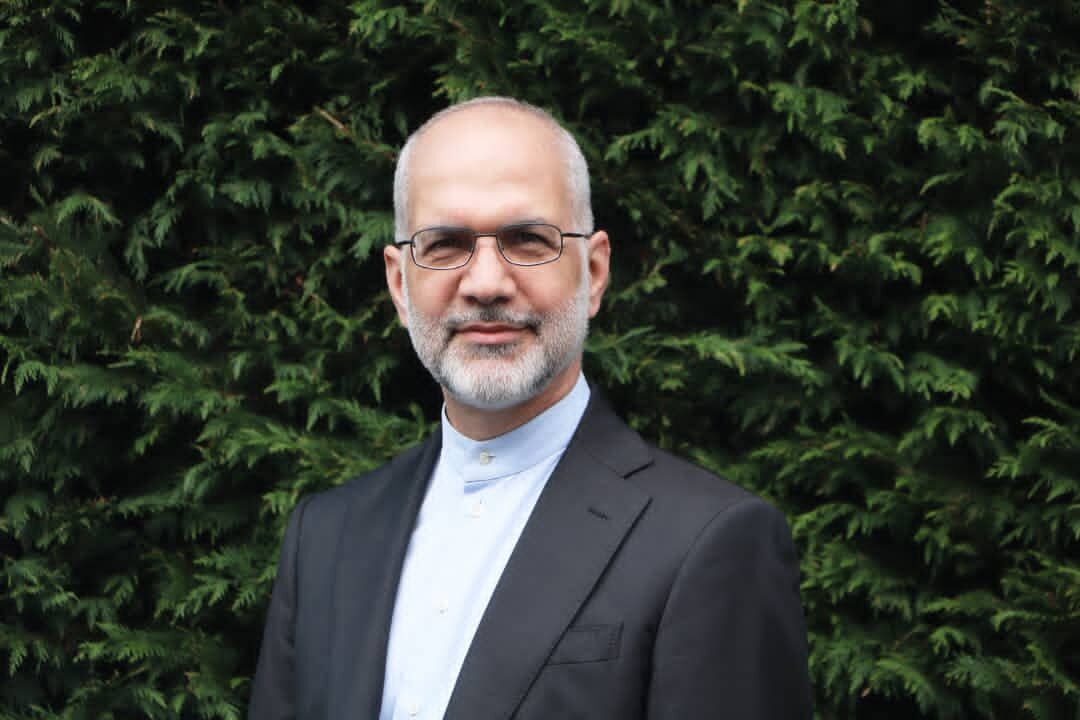The timing and political conditions of the visit is of special international importance, said Eslami, speaking to IRNA on the phone.
Eslami said that the Joint Comprehensive Plan of Action (JCPOA) is of priority for Iran and the current situation necessitates consultations with interested countries and those who intend to help and use their roles in favor of the country's national interests.
Irish foreign minister is to arrive in Tehran tonight and to meet with his Iranian counterpart Mohammad Javad Zarif.
He added that Ireland was chosen as Facilitator of Resolution 2231 in early 2021, which necessitates Dublin to be more active in this regard, hoping that Ireland will be successful in its responsibility with following impartiality, professionalism, and diplomatic norms.
Noting that Iran and Ireland do not have a record of negative relations, the Iranian ambassador in Dublin went on to say that Ireland is trying to use its position in the UNSC and its relations with the new US government in a way that it can play a constructive and impactful role with regard to the UNSCR 2231.
Earlier on February 17, Deputy Foreign Minister for Political Affairs Abbas Araghchi and Political Director of Department of Foreign Affairs and Trade of Ireland Sonja Hyland discussed issues of mutual interest in a video conference.
The two top diplomats discussed the most recent developments regarding the JCPOA and bilateral, regional, and international cooperation between Tehran and Dublin.
Reacting to Ireland’s expressed interest in playing role in preserving the JCPOA, Zarif had reiterated on January 20 that Iran is ready if sanctions are terminated and US commitments are met, put on agenda full commitment to JCPOA in response.
Zarif further reiterated in a video conference meeting with Coveney that Iran from the very beginning acted in full compliance with its entire JCPOA commitments, and after the US exit, Europe's incompetence in full commitment to JCPOA agreements, and being deprived of all benefits of JCPOA, in accordance with Article 36 of the nuclear agreement decreased its JCPOA commitments.
Only two years after the unilateral US exit from the JCPOA and the Europeans’ long delays and inaction in meeting their commitments Iran took steps under the supervision of the UN nuclear watchdog (IAEA), decreasing its commitments step by step, but always declared that if the US will return to its JCPOA commitments and the other sides, too, will do so, Iran will rapidly reverse its steps as well.
US President Joe Biden has made America’s return to JCPOA conditional, and without referring to the side that breached its commitments first, promised that if Iran will fully return to JCPOA, Washington, too, will return to it.
Zarif said that America’s trouble-making moves and imposing illegal sanctions during the past years were all contrary to the articles of the UNSC objectives and international laws, and has thus acted against multilateralism.
“Every country and especially the UNSC members are expected to make constructive moves to preserve the international peace and security," he added.
Coveney said that the JCPOA is a great achievement of multilateralism and now that Ireland has become a UNSC member it will try to facilitate the implementation of UNSCR 2331 that is related to JCPOA.
9417**2050
Follow us on Twitter @IrnaEnglish





Your Comment